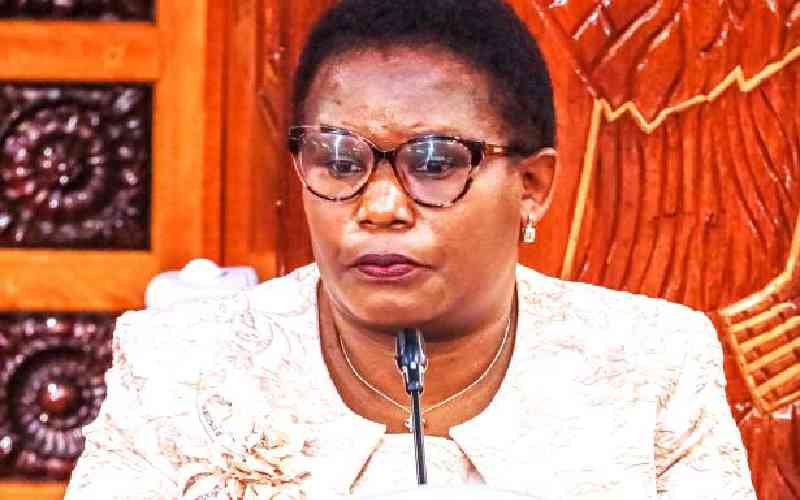
Last Thursday, Meru Governor Kawira Mwangaza, embroiled in controversy, shared a triumphant message on her Facebook page: 'Kabati kabati kaende kaende #MbeuyaNgai #KumiBilaBreak So help me God,' which translates to 'Onward without a break, with God's help for ten years.'
This post came a day after the High Court suspended her impeachment, which the Senate had ratified the previous day. The Senate had previously thwarted two other attempts. In this third effort, she faced accusations of gross constitutional violations, gross misconduct and abuse of office.